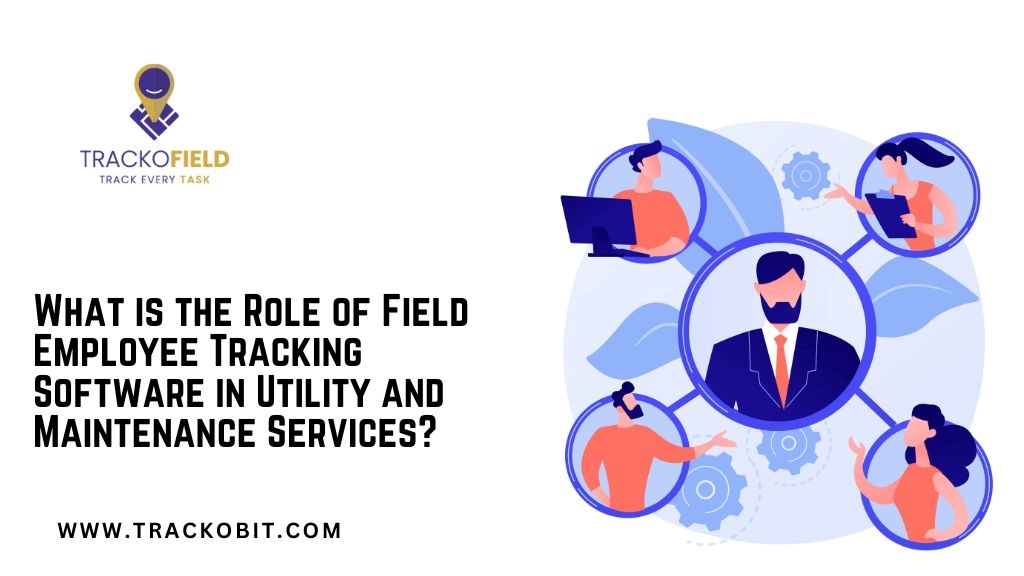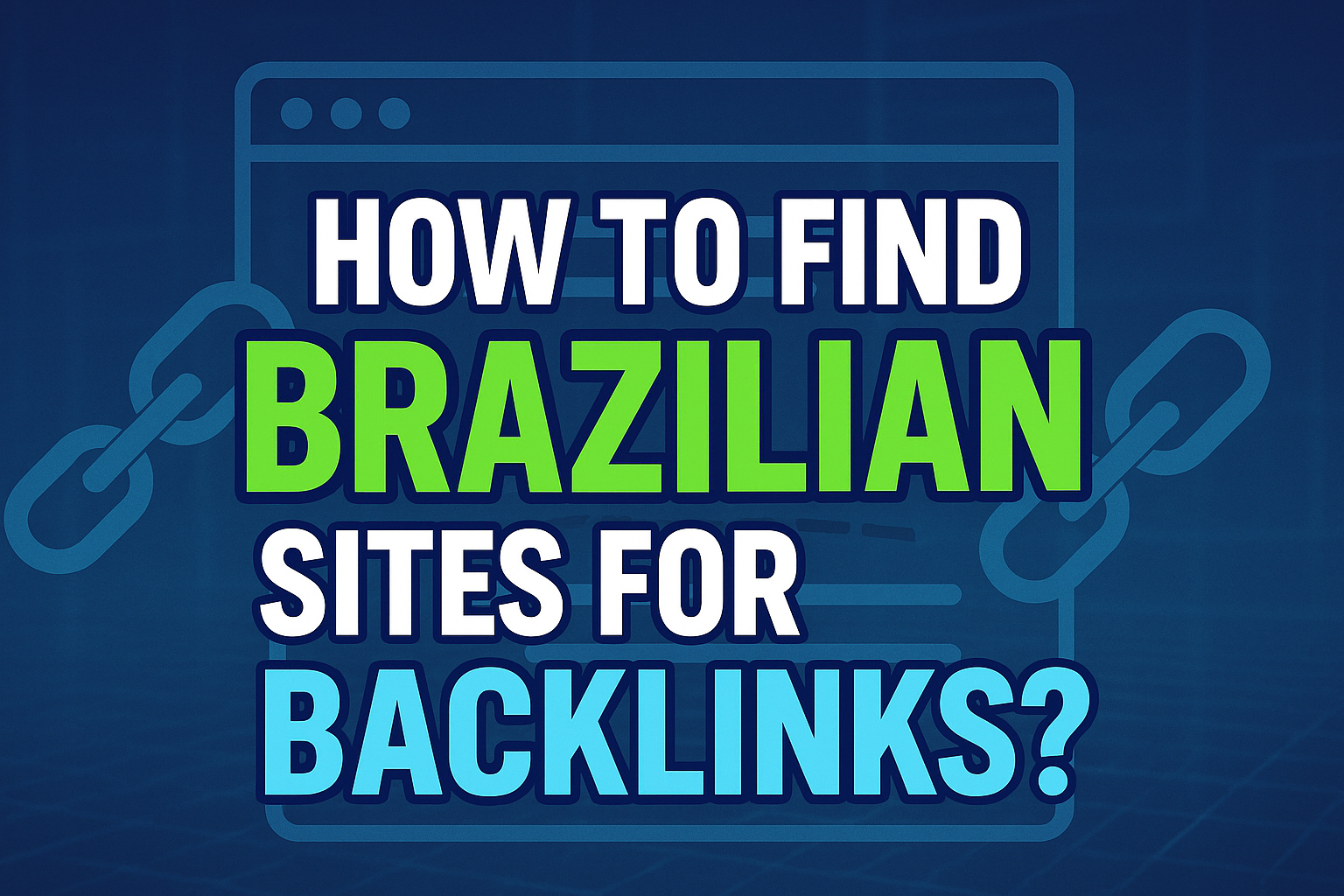
The world of is often associated with anonymity, decentralization, and privacy. However, the reality is more complex. While blockchain transactions may not carry personal names, they are far from invisible. One overlooked aspect in this equation is the role of your IP address a key that can link your online activity to your real identity.
Understanding the Difference: Privacy vs. Anonymity
First, let’s clear up a common misconception. Privacy means having control over what information you share and with whom. Anonymity, on the other hand, means nobody can trace your activity back to you. Blockchain technology, such as Bitcoin and Ethereum, offers transparency and pseudonymity — not full anonymity.
All transactions on public blockchains are permanently recorded and visible to anyone. Your wallet address acts as your pseudonym. But if that address is ever linked to your real identity (e.g., via an exchange or a leak), your entire transaction history is exposed.
How IP Addresses Can Compromise Your Privacy
Every time you connect to the internet, you are assigned an IP address. This IP can reveal:
- Your approximate physical location
- Your Internet Service Provider (ISP)
- Your device and browser details
When you use a wallet, access an exchange, or interact with a decentralized app (dApp), your IP address may be logged by servers, nodes, or analytics tools. If this information is combined with blockchain data, a fairly accurate profile of your online behavior can be created.
KYC Exchanges and the Link to Your IP
Know Your Customer (KYC) policies require users to provide government-issued ID and other personal details. Most centralized exchanges follow KYC protocols. When you log in to a KYC exchange, your IP address is often recorded alongside your identity.
This data can be shared with third parties, law enforcement, or data brokers. Even decentralized exchanges (DEXs) may log IPs if they use centralized web infrastructure for analytics or error tracking.
To check your current exposure, you can use tools like What is my IP address, which instantly shows your public IP, location, ISP, and device details. Knowing this helps you understand what information you're exposing before making crypto transactions.
IP Tracking Through Blockchain Nodes
Another hidden vulnerability lies in the structure of blockchain networks. Full nodes and light clients often communicate via peer-to-peer (P2P) protocols. If you're running a wallet that connects to a public node, the server on the other end may log your IP address and link it to transaction data.
Some blockchains even allow for passive monitoring of network traffic. In research contexts, this technique has been used to de-anonymize users by tracking the origin of transaction broadcasts.
While this isn't common among casual users, it highlights the importance of using privacy-respecting clients or connecting through anonymizing layers like Tor or VPNs.
The Role of IP in Security Audits and Investigations
IP addresses often play a crucial role in crypto-related security audits. When a hack or scam is reported, one of the first steps is to analyze server logs and IP traffic. This helps trace suspicious behavior, such as unauthorized logins, phishing attacks, or abnormal withdrawal patterns.
Law enforcement agencies also use IP data to track illegal activity involving crypto assets. While this can help fight fraud and crime, it also means that users who thought they were anonymous may find themselves exposed through IP metadata.
How to Protect Your IP Address
Here are several steps you can take to enhance your privacy and reduce IP exposure while operating in the crypto space:
- Use a trusted VPN: This masks your IP and encrypts your traffic. Choose a provider with a no-logs policy.
- Check your IP before transacting: Tools like What is my IP address help you verify if your VPN is working and what data you're revealing.
- Use privacy-focused wallets: Opt for wallets that offer Tor integration or allow custom node configuration.
- Avoid logging into exchanges from public networks: Public Wi-Fi can expose your IP and other data.
- Regularly clear cookies and browser cache: Prevents cross-site tracking that might connect wallet activity to your browsing behavior.
Staying Informed: A Vital Part of Privacy
Crypto privacy is a moving target. Regulations evolve, tools improve, and new tracking techniques emerge. Staying informed is one of the best defenses against digital exposure.
Whether you're a casual user or a seasoned trader, keeping up with trustworthy news sources can help you make better privacy decisions. Platforms dedicated to blockchain security and anonymity technologies — like Crypto Boost News — are useful for staying updated without getting overwhelmed.
Final Thoughts
Cryptocurrency promises freedom and control, but also requires responsibility. Your IP address is more than just a number — it's a digital fingerprint. If ignored, it can undermine your efforts to stay private in a decentralized world.
Metadescription:
Learn how your IP address can reveal more than you think. Understand the difference between privacy and anonymity, and discover simple steps to protect your digital identity when using online tools.


